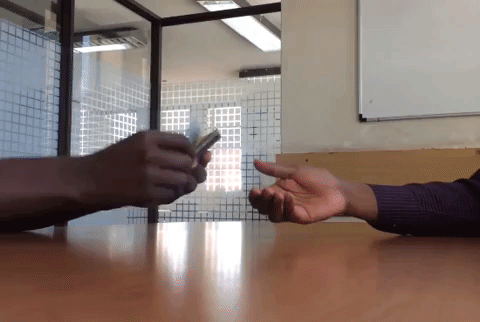Income Plan from Zimele Guaranteed Pension
If you have attained the retirement age of at least 50 years old, you are entitled to receive a lump sum of up to Ksh.600,000 from your pension benefits, free of income tax.
The Income Plan enables you to structure a monthly income from your pension benefits.
How Does It Work?
This plan invests your pension income in secure financial assets like treasury bills and bonds, and pays you an income every month (or any other period you choose) from the returns.
First, you need to build your pension savings in the accumulation phase. You do this through the Zimele Guaranteed Pension Plan. Once you are at least 50 years, you can start the Guaranteed Income Plan with the savings you have accumulated.

The minimum period for the Income Plan is 10 years, and is automatically renewed if you don’t opt out. The benefit of this plan is that your pension savings (the principal amount) remains intact for the entire duration, what is paid to you is the interest earned. In simple terms, you will be eating the fruits, not the seeds. In the unfortunate event of a member’s death, the beneficiaries will get the full amount.
Members can top up their account, which increases your income in subsequent months.
Enter your Pension Savings below and see how much you would earn every month.
[caldera_form id=”CF5d80c1e668030″]
Members of the Zimele Guaranteed Pension Plan can opt to start receiving a monthly income from their pension savings if they are at least 50 years old. All they have to do is fill the form below to get started.
[caldera_form id=”CF5c176bac04dc2″]
If you have pension benefits elsewhere and would like to join our plan, please open an account in the Zimele Guaranteed Pension Plan below and transfer your pension benefits.
[caldera_form id=”CF5d809f07960d9″]
Note: The Income (Drawdown) Plan is a fund within the Zimele Guaranteed Personal Pension Plan, which is licensed and regulated by the Retirement Benefits Authority (RBA).